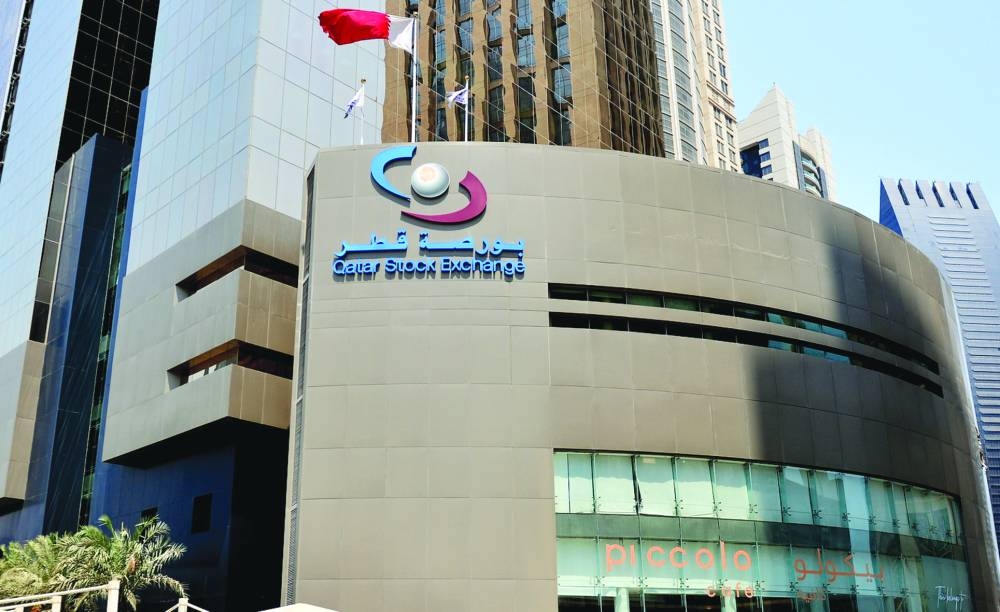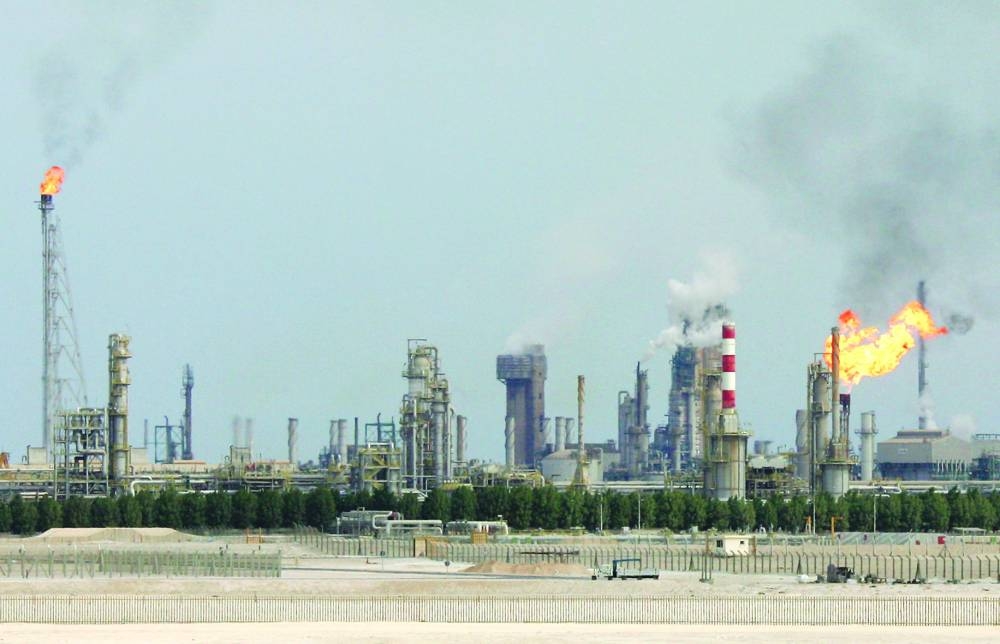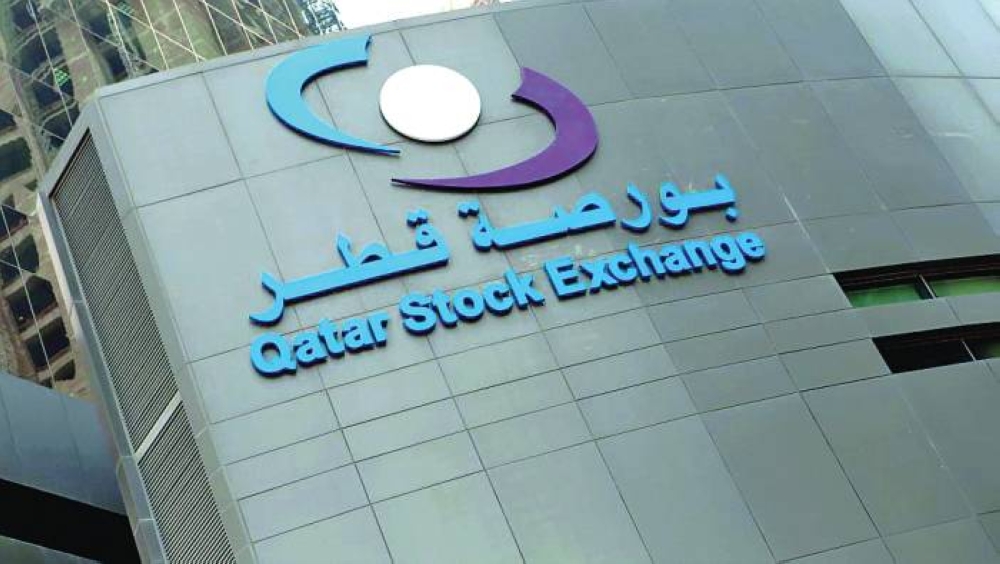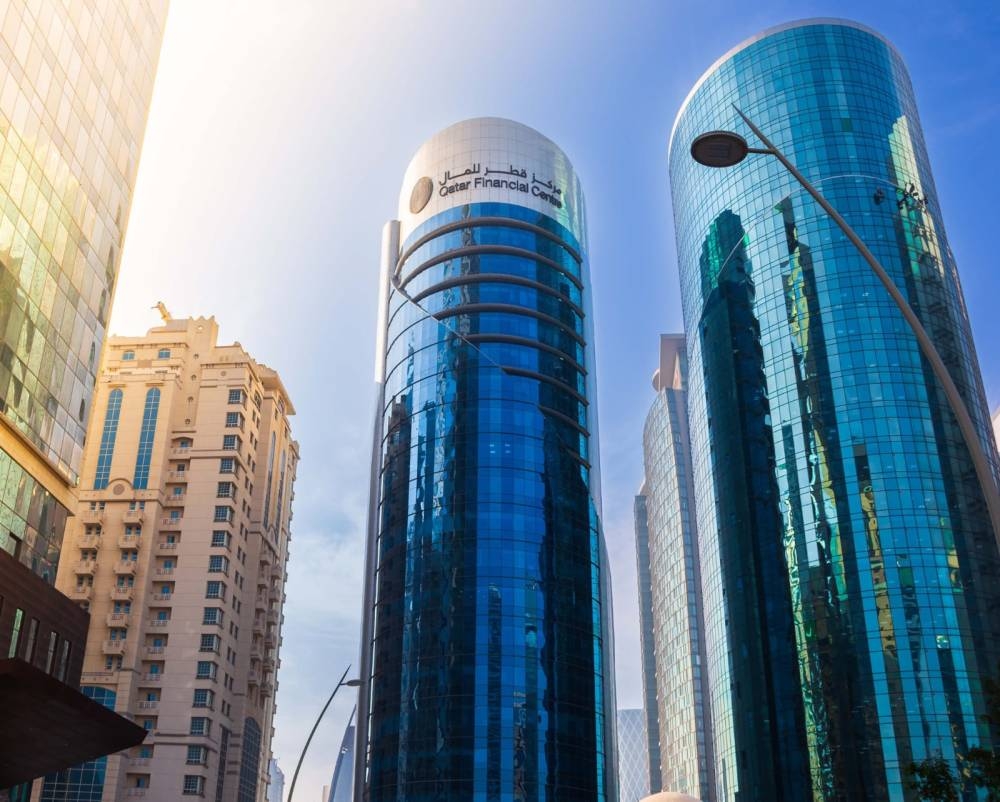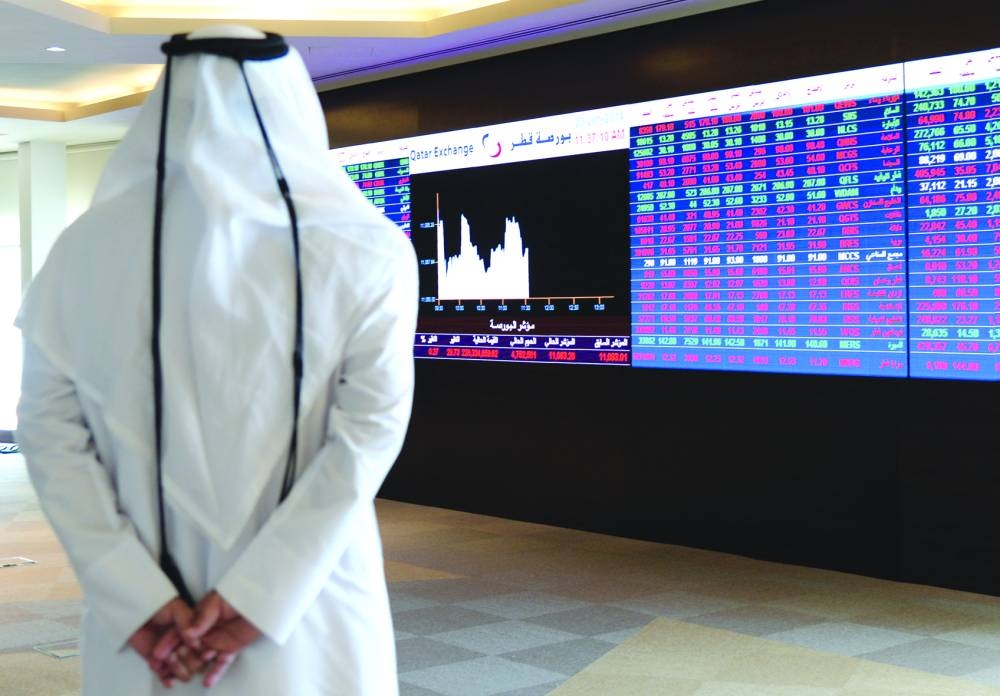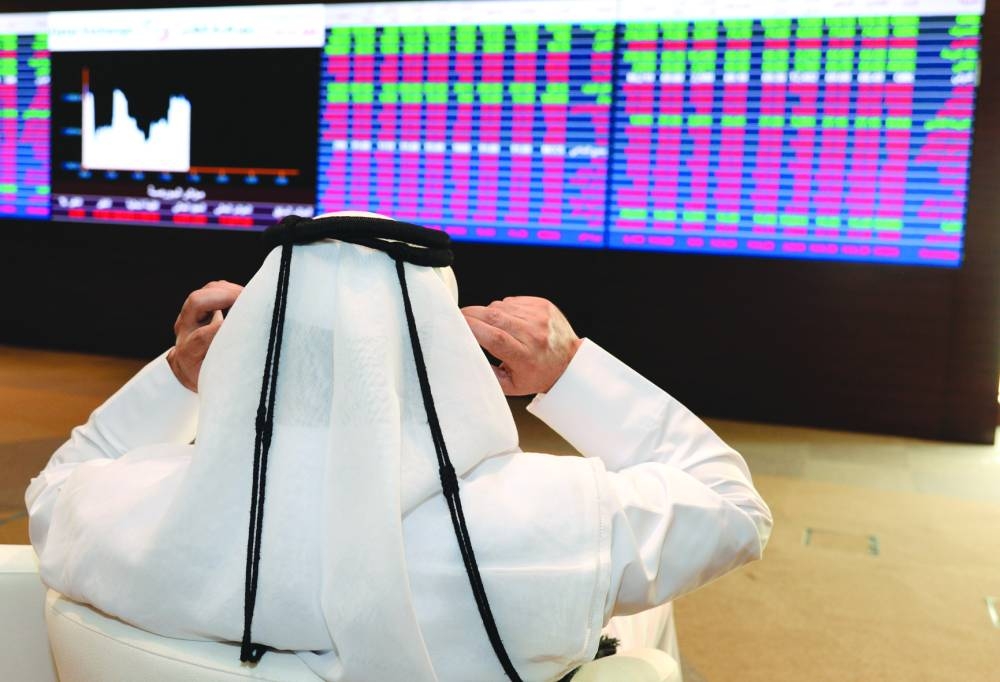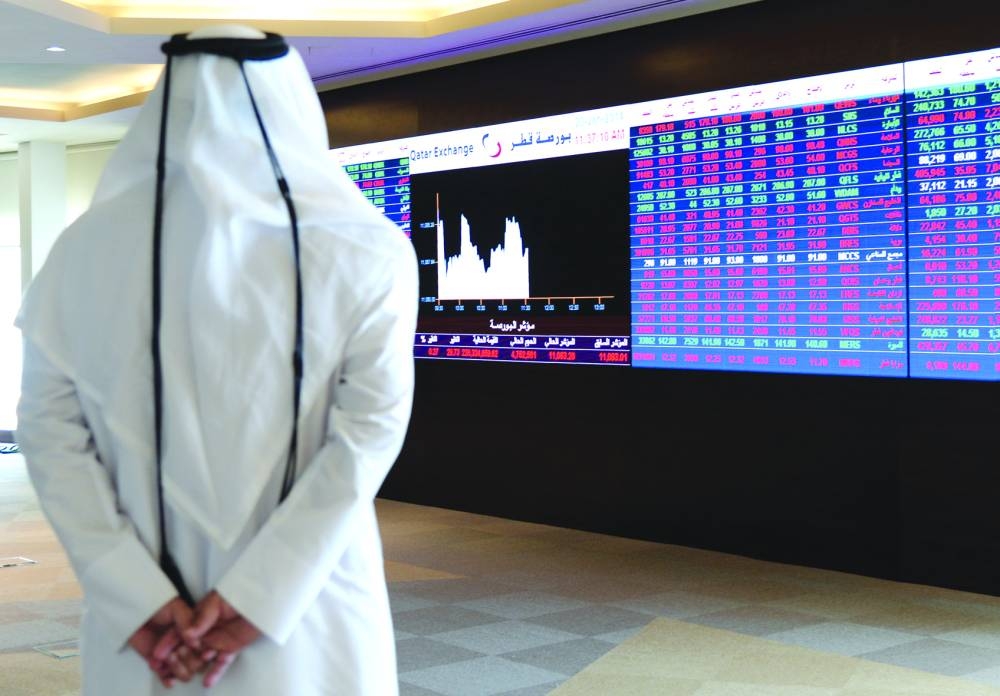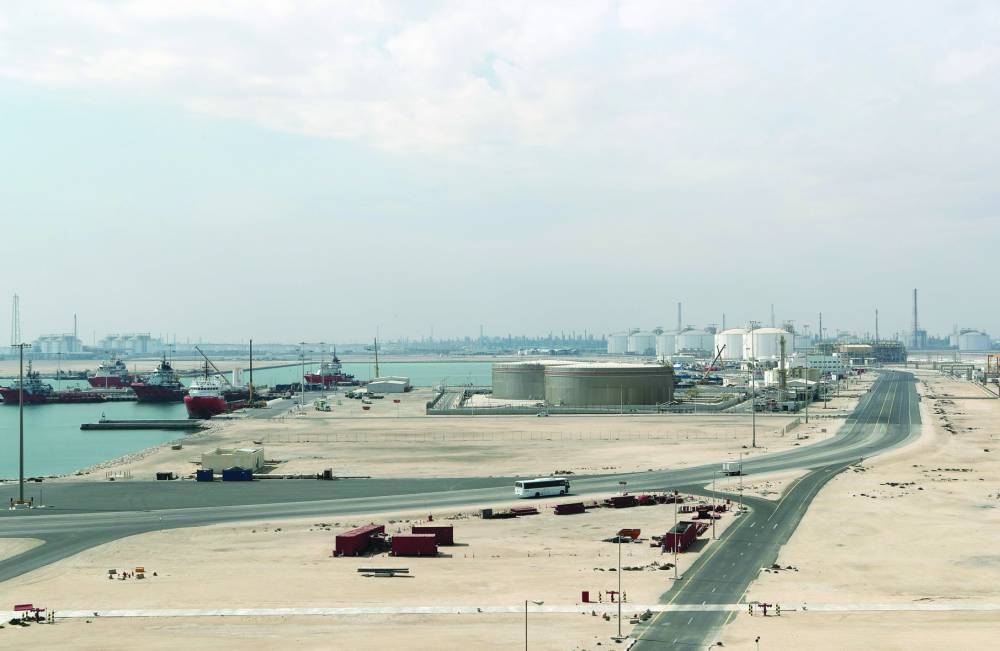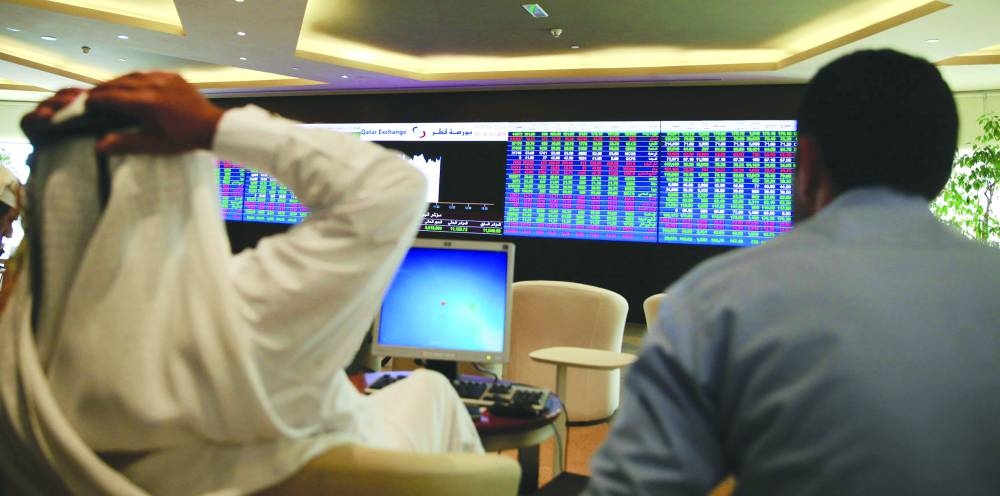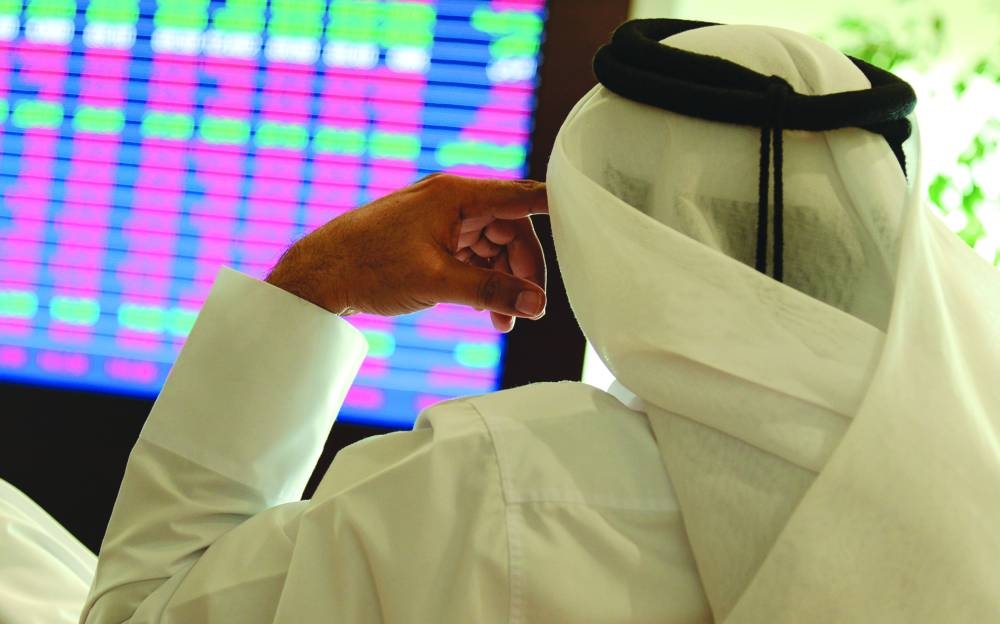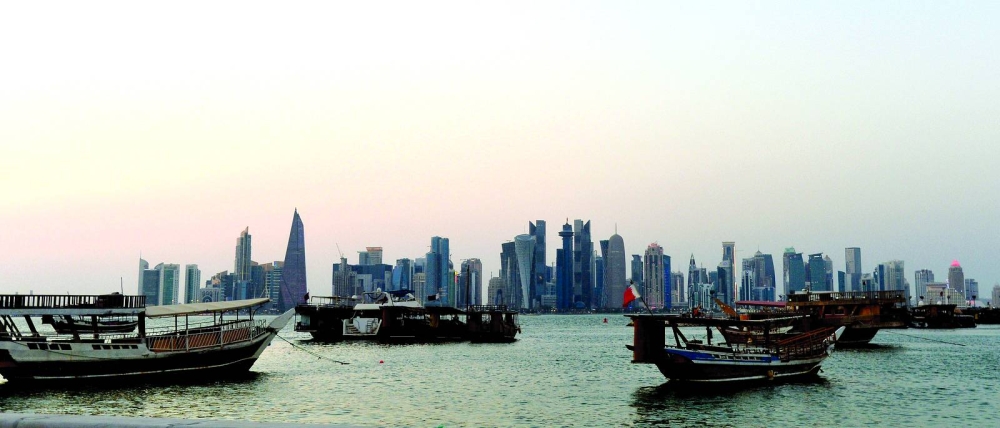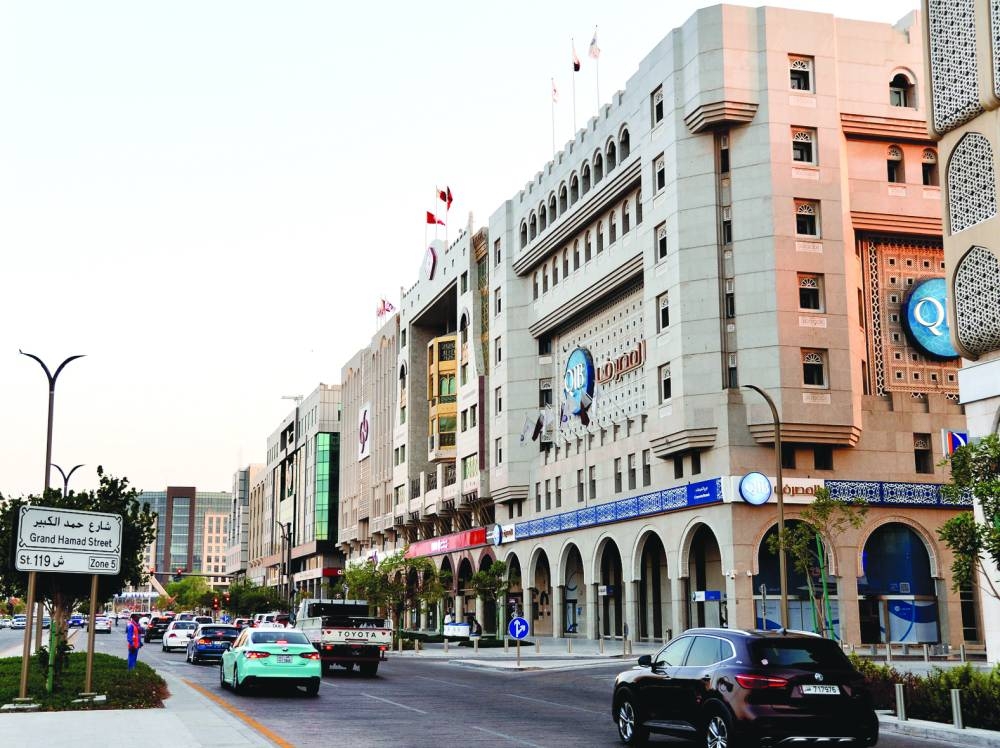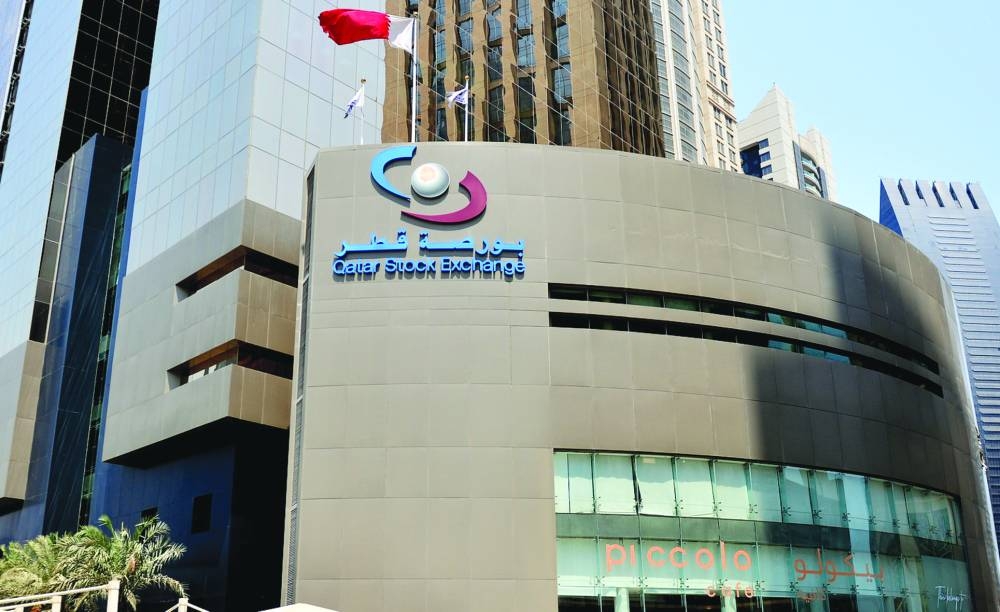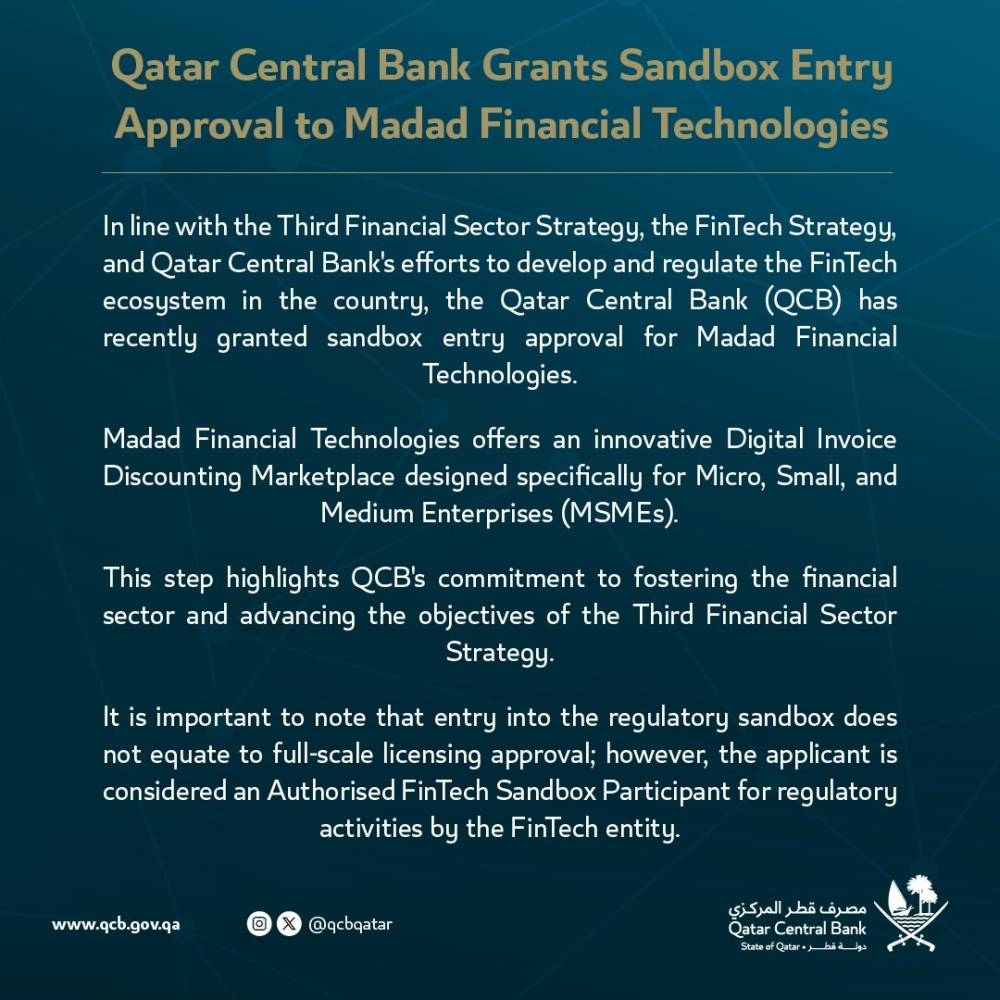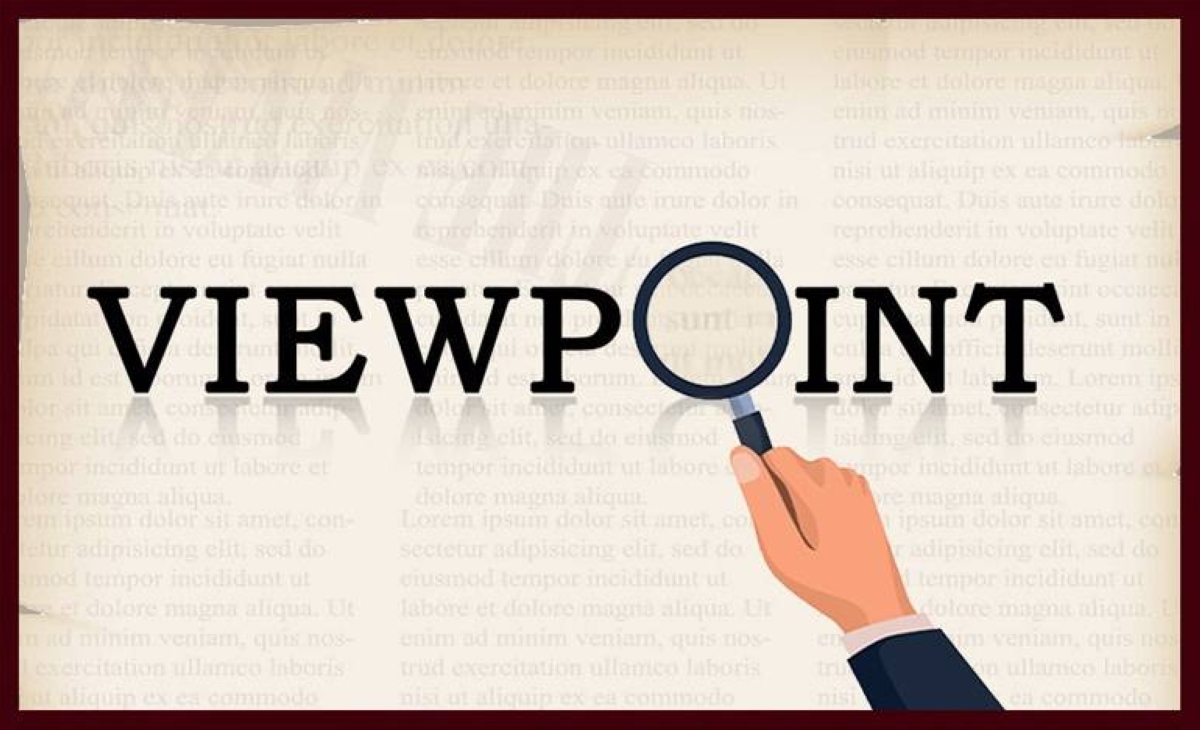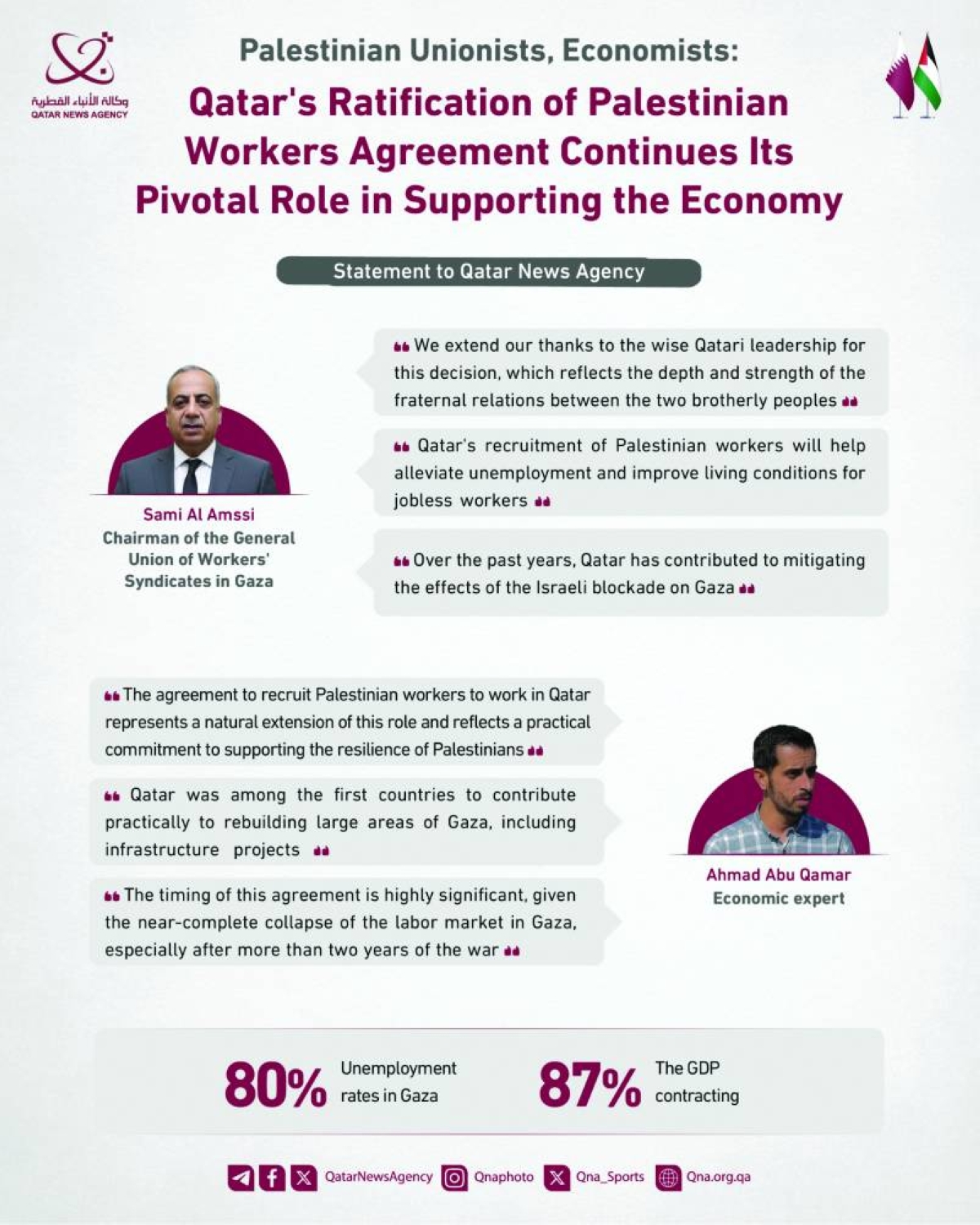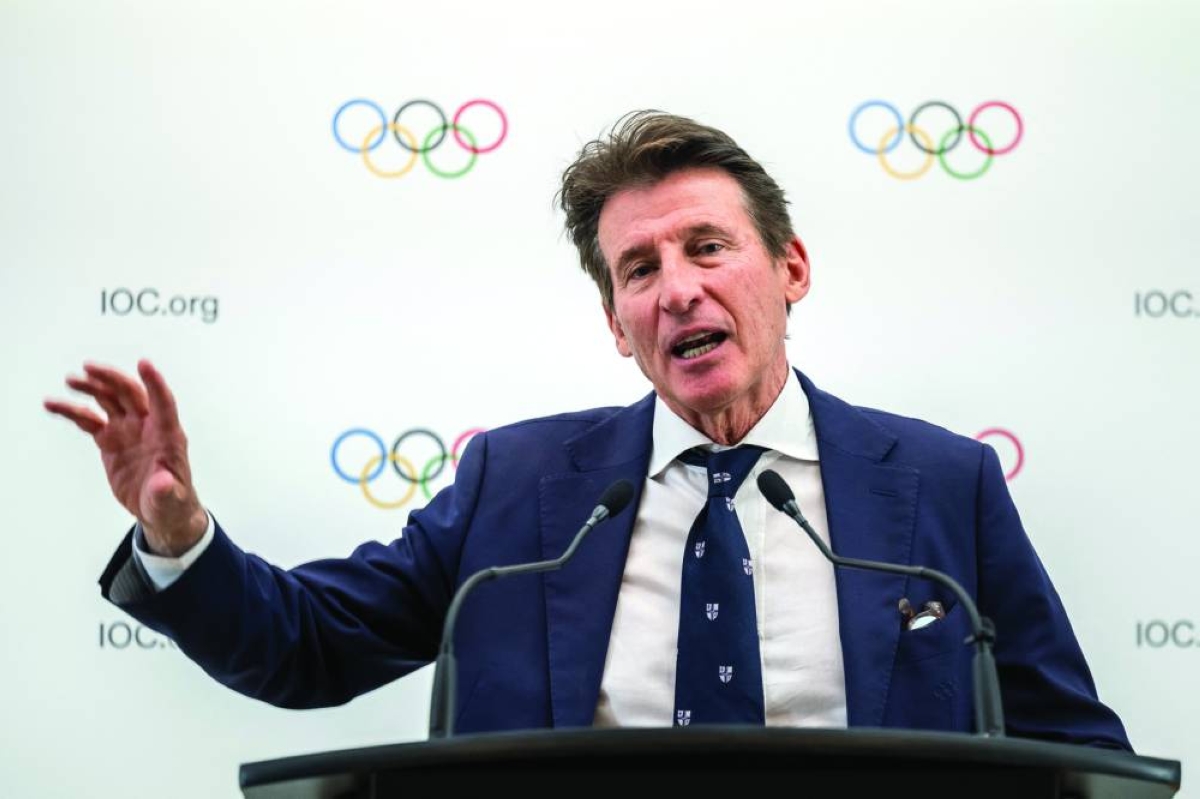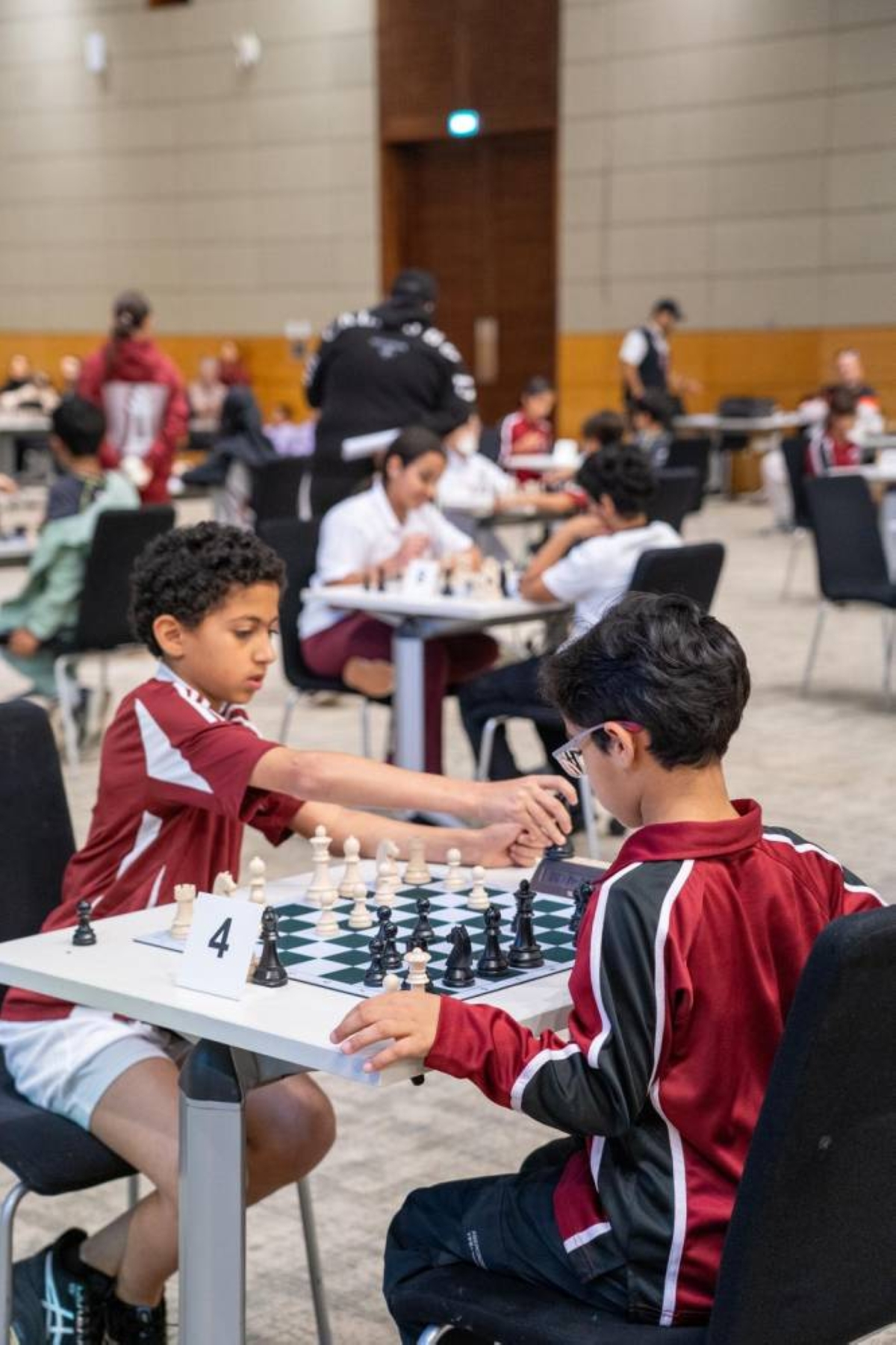The US’ tariff policy had an overarching effect on global bourses, including the Qatar Stock Exchange (QSE), which saw its key index settle marginally higher this week that otherwise saw the Qatar Central Bank maintain status quo on its benchmark rates.The domestic funds’ weakened net selling had its influence as the 20-stock Qatar Index was up mere 0.06% this week which saw Nakilat report net profit of QR1.64bn in 2024.The industrials, banking, telecom, insurance and consumer goods sectors saw higher than average demand in main market this week which saw QIIB’s 2024 net profit at QR1.26bn.As much as 52% of the traded constituents extended gains to investors in the main market this week which saw Mesaieed Petrochemical Holding (MPHC) report net profit of QR718.75mn in 2024.The foreign retail investors were increasingly net profit takers in the main bourse this week which saw Qamco register net profit of QR614.68mn in 2024.The Gulf individuals turned bearish in the main bourse this week which saw a total of 0.06mn AlRayan Bank-sponsored exchange-traded fund QATR worth QR0.14mn trade across 25 deals. The foreign institutions’ weakened net buying had its influence in the main market this week which saw as many as 0.01mn Doha Bank-sponsored exchange-traded fund QETF valued at QR0.15mn change hands across 15 transactions.The Gulf funds were seen increasingly net sellers in the main bourse this week which saw Vodafone Qatar ring in net profit of QR600.66mn in 2024.The Islamic index was seen gaining slower than the other indices in the main market this week, which saw Qatar National Cement report net profit of QR159.83mn in 2024.Market capitalisation was up QR0.27bn or 0.04% to QR623.71bn on the back of microcap segments this week which saw the QSE decide to increase the frequency of index review to four times a year against the present practice of two semi-annual reviews.Trade turnover and volumes were on the decline in both the main and junior markets this week which saw no trading of treasury bills.The foreign institutions continued to be net buyers but with lesser intensity this week which saw no trading of sovereign bonds.The Total Return Index was up 0.06%, the All Share Index by 0.08% and the All Islamic Index by 0.03% this week which saw banks and realty sectors together constitute about 50% of the total trade volumes.The industrials sector index gained 0.63%, banks and financial services (0.3%), telecom (0.24%), insurance (0.2%) and consumer goods and services (0.17%); whereas transport declined 2.89% and real estate (0.12%) this week which saw a Kamco Invest report that found Qatar witness an almost eight-fold jump year-on-year in contracts in the oil sector, leading the total value of contracts awarded in the country reach about $19bn in 2024.Major gainers in the main market included Qatar Oman Investment, Widam Food, Beema, Vodafone Qatar, Dukhan Bank, Commercial Bank, Dlala, Baladna, Industries Qatar, Gulf International Services, Qatari Investors Group and Qamco. In the juniour bourse, Techno Q saw its shares appreciate in value this week.Nevertheless, Qatar National Cement, Masraf Al Rayan, Nakilat, Al Faleh Educational Holding, Ezdan, Lesha Bank, Mekdam Holding, Aamal Company, MPHC, Mazaya Qatar and Milaha were among the losers in the main bourse. In the venture market, Techno Q saw its shares appreciate in value this week.The Qatari individuals’ net selling fell substantially to QR75.16mn compared to QR196.61mn the week ended January 23.The Arab retail investors’ net selling shrank significantly to QR6.89mn against QR19.24mn the previous week.However, the Gulf institutions’ net profit booking expanded drastically to QR26.86mn compared to QR5.2mn a week ago.The foreign individual investors’ net selling grew markedly to QR20.21mn against QR7.41mn the week January 23.The Gulf individuals were net sellers to the tune of QR7.55mn compared with net buyers of QR0.01mn the previous week.The foreign institutions’ net buying weakened considerably to QR68.15mn against QR147.41mn a week ago.The domestic funds’ net buying decreased noticeably to QR68.54mn compared to QR81.05mn the week ended January 23.The Arab funds had no major net exposure for the second consecutive week.The main market saw a 17% contraction in trade volumes to 0.85bn shares, 25% in value to QR1.85bn and 19% in deals to 67,845 this week.In the venture market, trade volumes tanked 83% to 0.84mn equities, value by 83% to QR2.15mn and transactions by 64% to 143.

Santhosh V. Perumal
Santhosh V. Perumal, a postgraduate in Econometrics with an advance qualification in Capital Markets and Financial Services, is Gulf Times' journalist. His coverage areas are debt and equity, hydrocarbons, international trade, environment, banks, insurance and real estate. Previously, he was in New Delhi, India as Senior Finance Correspondent of PTI.
Most Read Stories

